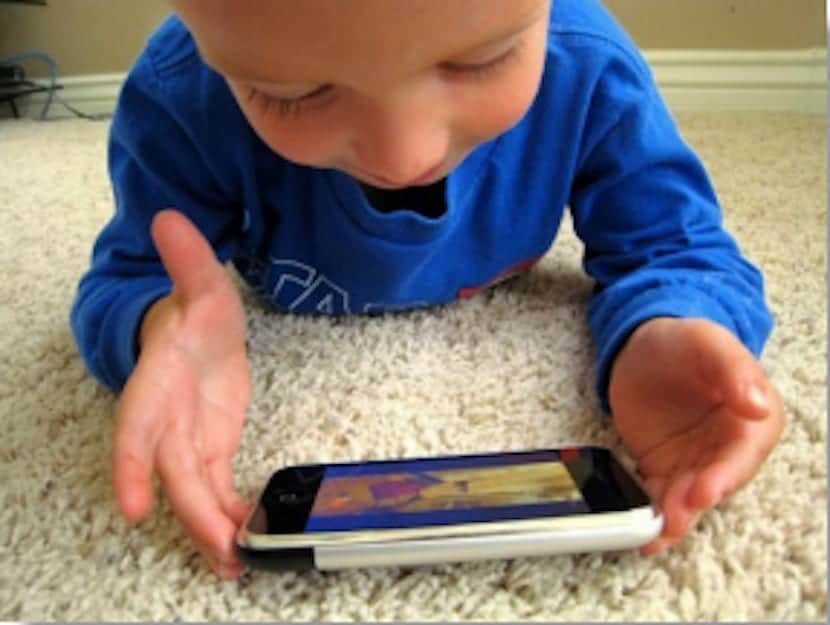
Research over the past 15 years shows how the number of mental illnesses and disorders has increased during childhood.
According to the therapist Victoria Prooday, one in five children suffers from mental health problems. Attention Deficit Disorder (ADHD) has increased by 43%, while depression in adolescents has risen by 37% and the suicide rate in children aged 10 to 14 has increased by 200%.
These data show that contrary to what is thought, childhood is not a golden age free from suffering but rather a time of great vulnerability.
In both adults and children, mental health and emotional health require the same attention and care as physical health. Especially during childhood and adolescence because they are critical periods in the development of the person. The experiences lived in these stages mark and determine the personality of the individual.
As parents, our role is fundamental.
From the first weeks of life, mothers and fathers act as regulators of our children's emotions. With our help, our children will learn to identify what they feel and to be able to express it without harming anyone, neither themselves nor another. Allowing the expression of any emotion, without classifying it as positive or negative since emotions simply are, will contribute to good emotional and mental health.

A basic need in children and adolescents is to have the presence of their parents. Not only do they have to be physically present, but the fathers and mothers must be emotionally available.
Sadly this not always possible. The busy pace of life, difficulties in reconciling family life with work life, ignorance of the stages of child development and one's own personal history make this contact and this important emotional availability difficult.
Tiredness and worries often occupy our thoughts with hardly any space to tune into childhood emotions. And so the feeling of guilt appears. Is culpability leads us to try to cover this need for presence with material goods: toys, digital technology ...
Being aware of this can help us make changes that will affect the well-being of children. Changes such as spending more time with the family sharing games and activities or putting technological distractions aside while we are with them will facilitate emotional contact with our children and consequently, their health will benefit.